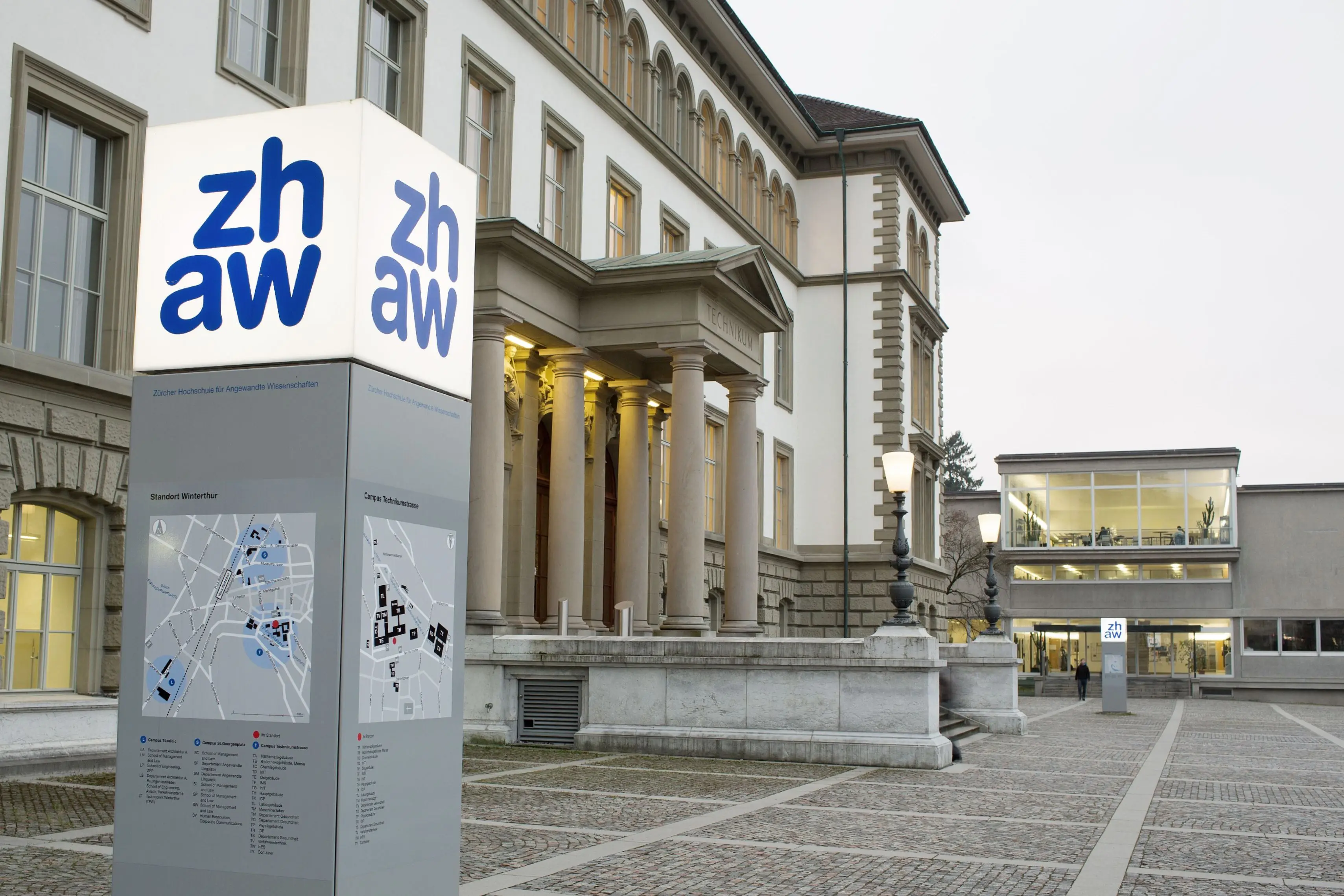Two ZHAW projects in the National Research Programme “Digital Transformation”
The Swiss National Science Foundation is launching its research programme NRP77 “Digital Transformation” with 37 research projects. The ZHAW School of Engineering is collaborating on two of these projects, where the researchers are called on to demonstrate their expertise on smart cities and artificial intelligence.

Well over 300 project proposals were submitted, but only around ten percent were chosen for the Swiss National Science Foundation’s new NRP77 Research Programme. The fact that researchers from the ZHAW School of Engineering were successful twice is therefore all the more impressive.
Scaling Smart City solutions
The ZHAW Institute of Sustainable Development (INE) is collaborating with the University of Fribourg and the University of St. Gallen to scale Smart City solutions as part of the SPICE project. “Digitalisation enables social and technological innovations that increase resource efficiency and the quality of life in Swiss cities,” says ZHAW researcher Jörg Musiolik. “Although various cities have already launched initial pilot projects, scaling these solutions for the entire city or other cities creates challenges for both public administrations and companies”. The researchers are investigating what causes these difficulties and what concrete solutions are appropriate.
Artificial intelligence must be fair
For artificial intelligence (AI) applications to be socially acceptable, it is essential that they comply with the basic values of our society. “AI should promote social fairness and not create social inequality,” says ZHAW researcher Christoph Heitz. “We ensure this by combining technological, ethical and social-science approaches in our interdisciplinary project”. At the ZHAW Institute of Data Analysis and Process Design, he and his team are developing a methodology to make AI-based decision-making systems socially just. The so-called Fairness Lab, an IT environment that shows the fairness effects of a decision system, plays an essential role in this methodology. It is designed not only to help companies develop ethically justified AI applications, but also to support politicians in regulating AI-based decisions.
Find out more about NRP77 “Digital Transformation”